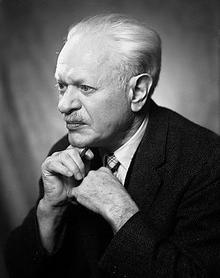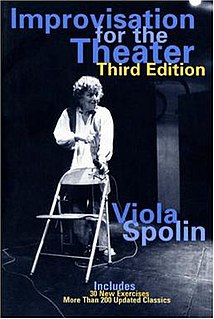A Quote by Gaston Bachelard
The demands of our reality function require that we adapt to reality, that we constitute ourselves as a reality and that we manufacture works which are realities. But doesn't reverie, by its very essence, liberate us from the reality function? From the moment it is considered in all its simplicity, it is perfectly evident that reverie bears witness to a normal useful irreality function which keeps the human psyche on the fringe of all the brutality of a hostile and foreign non-self.
Related Quotes
Christianity taught us to see the eye of the lord looking down upon us. Such forms of knowledge project an image of reality, at the expense of reality itself. They talk figures and icons and signs, but fail to perceive forces and flows. They bind us to other realities, and especially the reality of power as it subjugates us. Their function is to tame, and the result is the fabrication of docile and obedient subjects.
Here we are at the very core of the thesis we wish to defend in the present essay: reverie is under the sign of the anima. When the reverie is truly profound, the being who comes to dream within us is our anima. For a philosopher who takes his inspiration from phenomenology, a reverie on reverie is very exactly a phenomenology of the anima, and it is by coordinating reveries on reverie that he hopes to constitute a "Poetics of reverie". In other words, the poetics of reverie is a poetics of the anima.
Through spontaneity we are re-formed into ourselves. It creates an explosion that for the moment frees us from handed-down frames of reference, memory choked with old facts and information and undigested theories and techniques of other people's findings. Spontaneity is the moment of personal freedom when we are faced with reality, and see it, explore it and act accordingly. In this reality the bits and pieces of ourselves function as an organic whole. It is the time of discovery, of experiencing, of creative expression.
In order to pin down reality as realilty, we need another reality to relativize the first. Yet that other reality requires a third reality to serve as its grounding. An endless chain is created within our consciousness, and it is the maintenance of this chain which produces the sensation that we are actually here, that we ourselves exist.
Where these reduced (operational - E.W.) concepts govern the analysis of the human reality, individual or social, mental or material, they arrive at a false concreteness - a concreteness isolated from the conditions which constitute its reality. In this context, the operational treatment of the concept assumes a political function. The individual and his behavior are analyzed in a therapeutic sense - adjustment to his society. Thought and expression, theory and practice are to be brought in line with the facts of his existence without leaving room for the conceptual critique of these facts.
The Western approach to reality is mostly through theory, and theory begins by denying reality - to talk about reality, to go around reality, to catch anything that attracts our sense-intellect and abstract it away from reality itself. Thus philosophy begins by saying that the outside world is not a basic fact, that its existence can be doubted and that every proposition in which the reality of the outside world is affirmed is not an evident proposition but one that needs to be divided, dissected and analyzed. It is to stand consciously aside and try to square a circle.
This is not remarkable, for, as we know, reality is not a function of the event as event, but of the relationship of that event to past, and future, events. We seem here to have a paradox: that the reality of an event, which is not real in itself, arises from the other events which, likewise, in themselves are not real. But this only affirms what we must affirm: that direction is all. And only as we realize this do we live, for our own identity is dependent upon this principal.






































